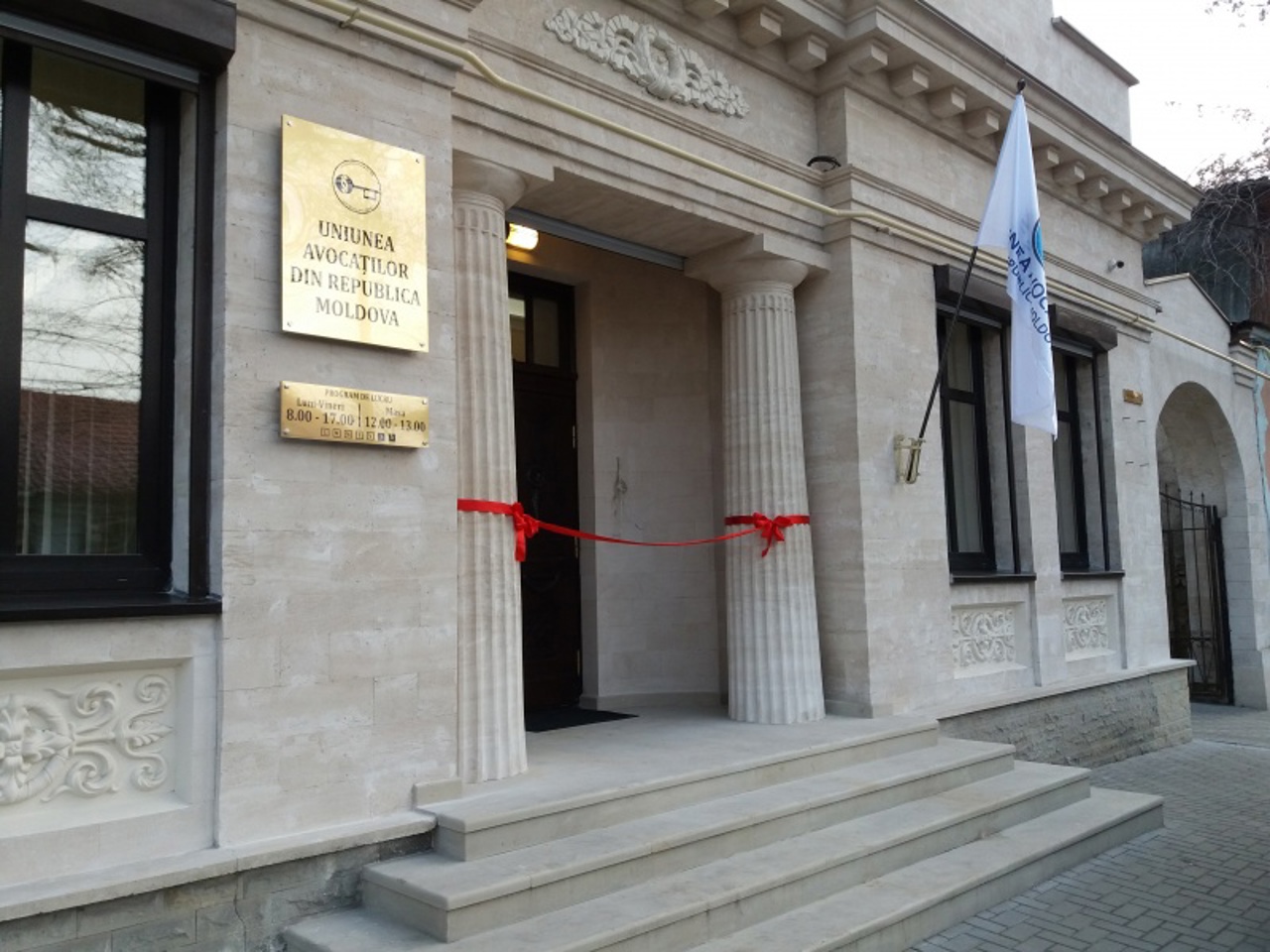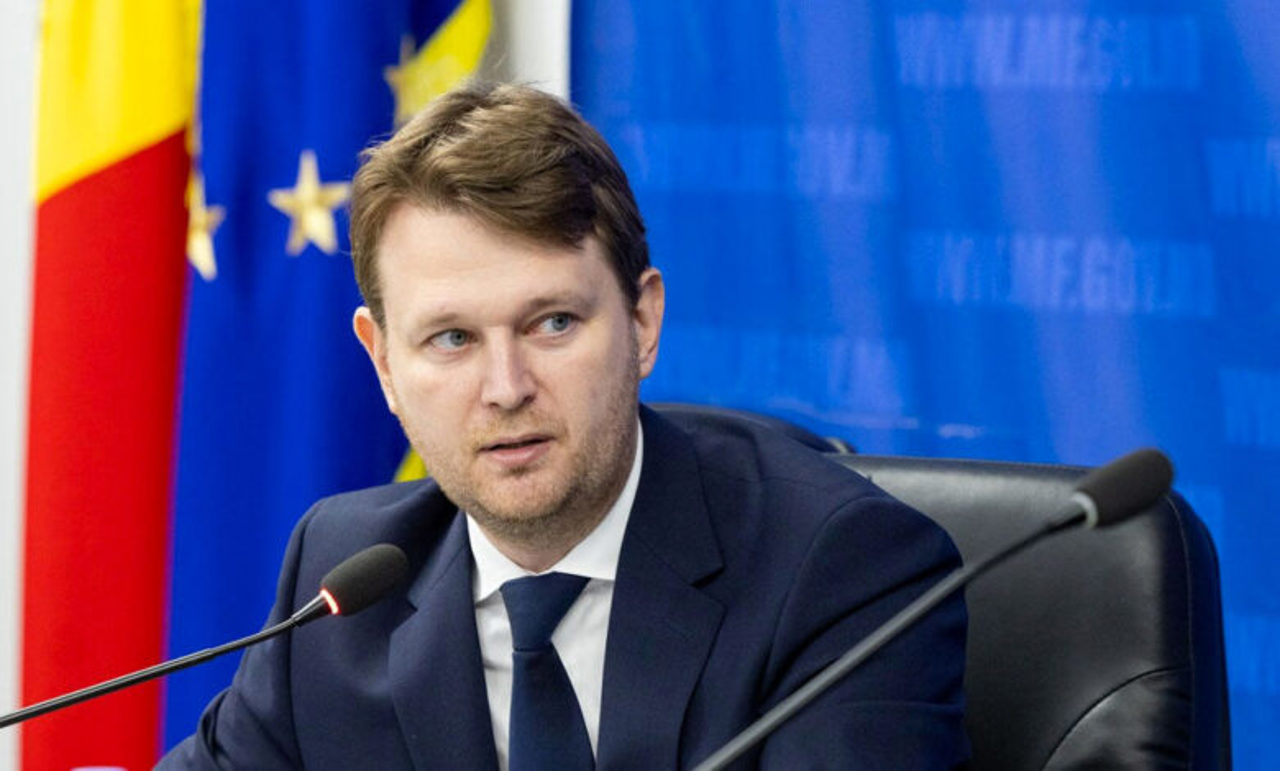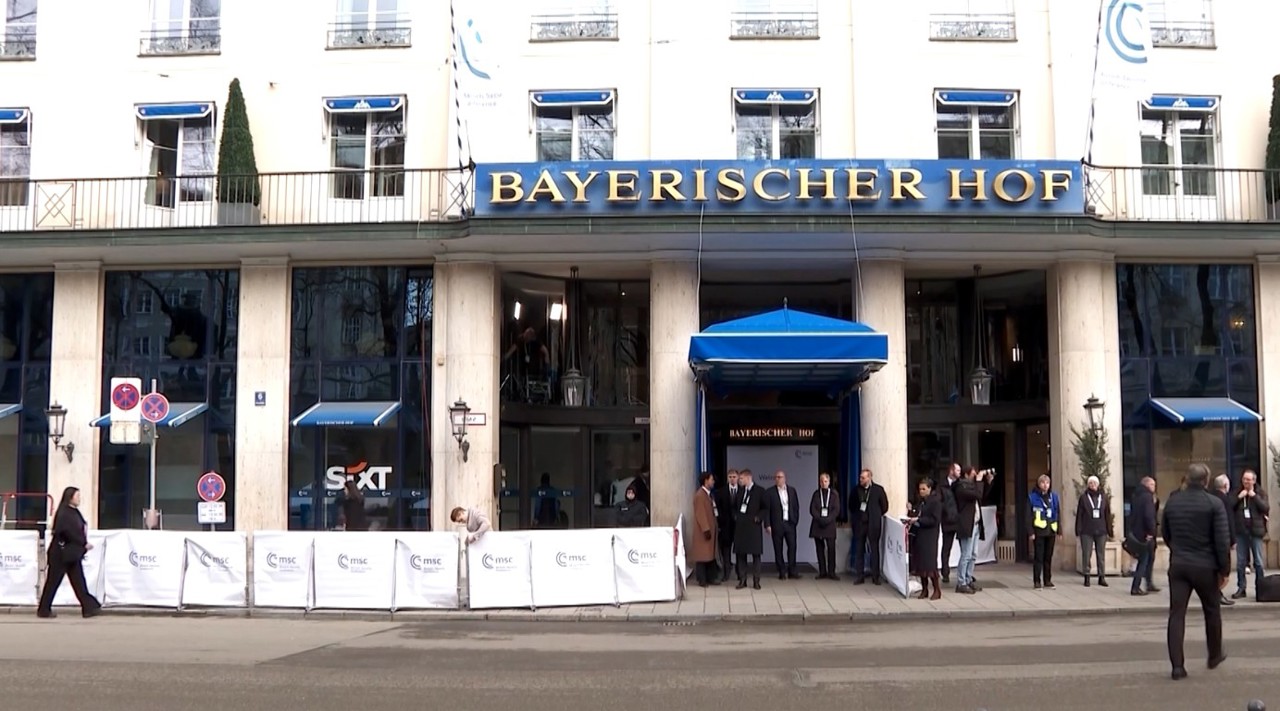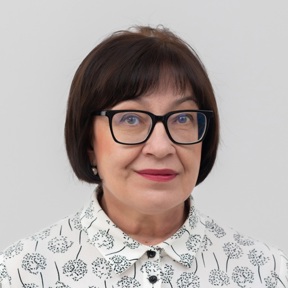The Republic of Moldova cannot currently terminate its contract with Gazprom. Energy Minister's clarification
The Republic of Moldova cannot terminate the natural gas supply contract with Gazprom at the moment, as it will be used to supply energy to the Transnistrian region in order to avoid a humanitarian crisis in that separatist region, Energy Minister Victor Parlicov told Agerpres in an interview.
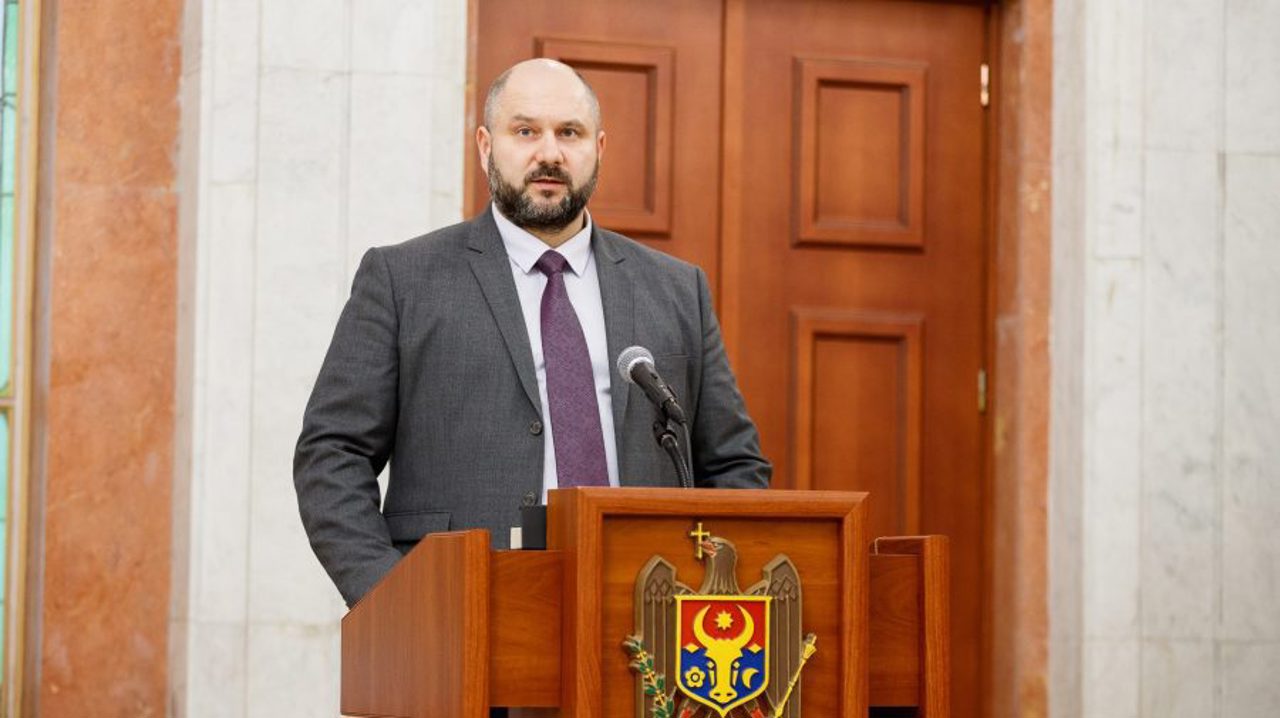
Moldovagaz has recently resumed gas imports from Russia, from Gazprom. Asked whether this was a decision contrary to the policy of the government in Chisinau, Victor Parlicov replied that "it was not coordinated with the government" and "did not represent the interests of the government".
"For the time being, I don't think it was a bad intention. I think it was rather a mistake and a misunderstanding, an attempt to avoid some tensions, so to speak, at the level of enterprises, but I think that the political messages that we send to our friends in the West are much more important, because that's what we assumed and that's what we did all winter. We went practically without Russian gas on the right bank and I don't understand the need to go back to buying gas from Gazprom at the end of the heating season", said Victor Parlicov.
The energy minister in Chisinau also noted that the Transnistrian region was supplied with gas only by Gazprom and "nobody would be ready today to deliver gas there, de facto free of charge", as this company does.
"This allows us to amortize or reduce, to have a somewhat lower cost of energy, both for citizens and for the economy. We understand that this cannot go on forever, but to avoid or deny the fact that Gazprom has a role in the Moldovan market, rather in electricity, would still not be fair. That is why, at this moment, there is no question of terminating the contract with Gazprom".
Victor Parlicov also stressed that currently most of the electricity for the right bank of the Dniester is delivered from the Cuciurgan power plant in the Transnistrian region, while Romania supplies 3% of the country's consumption.

